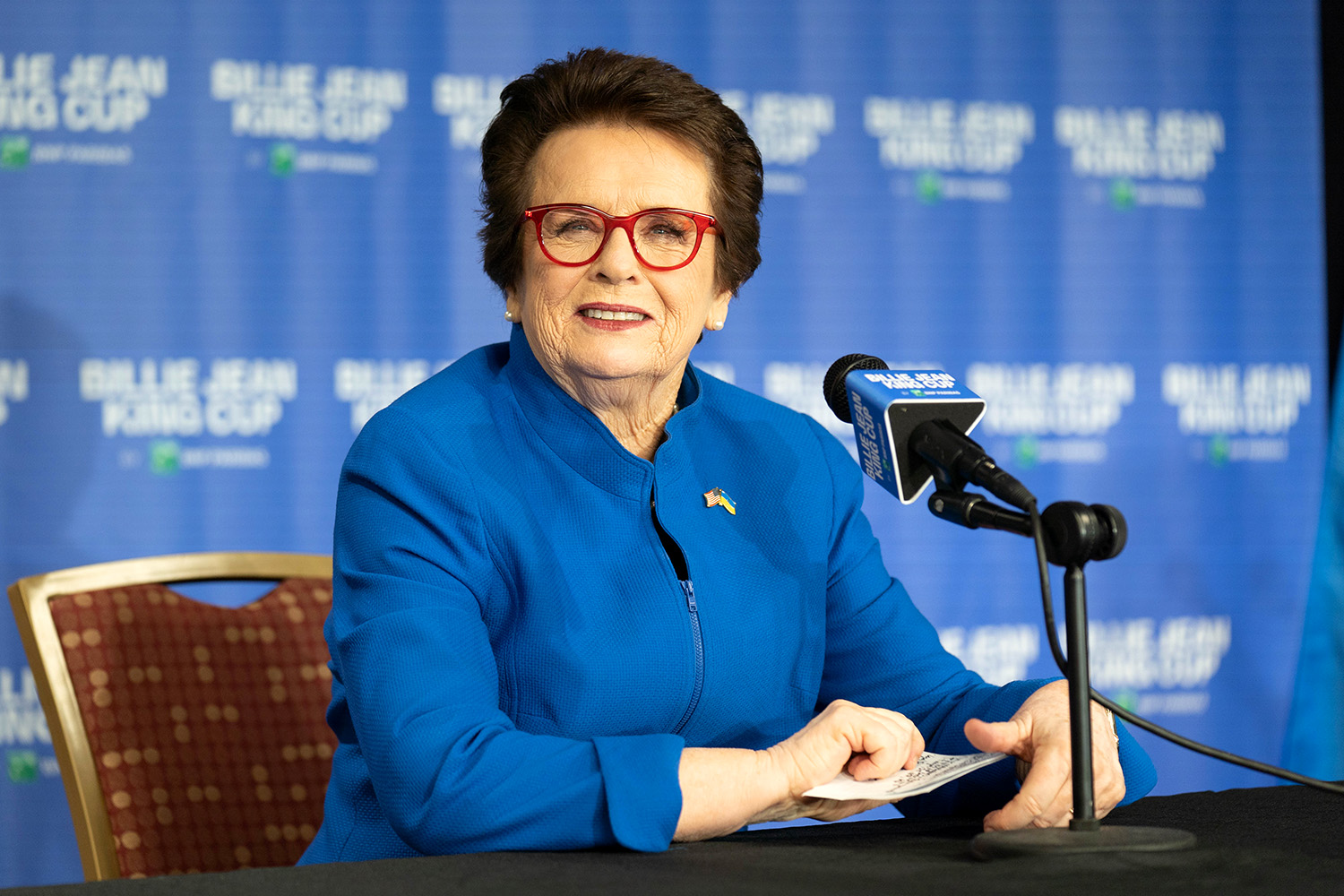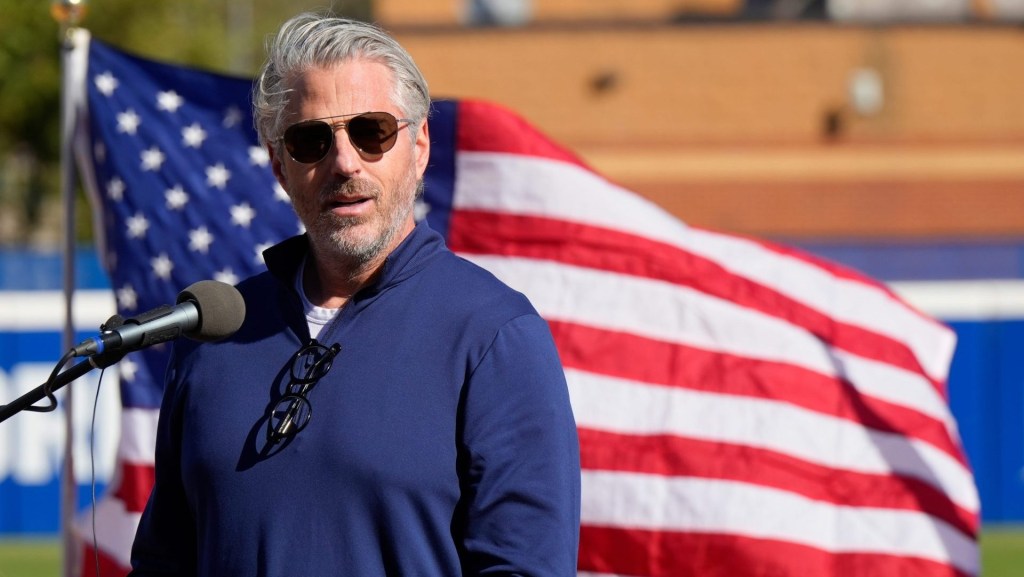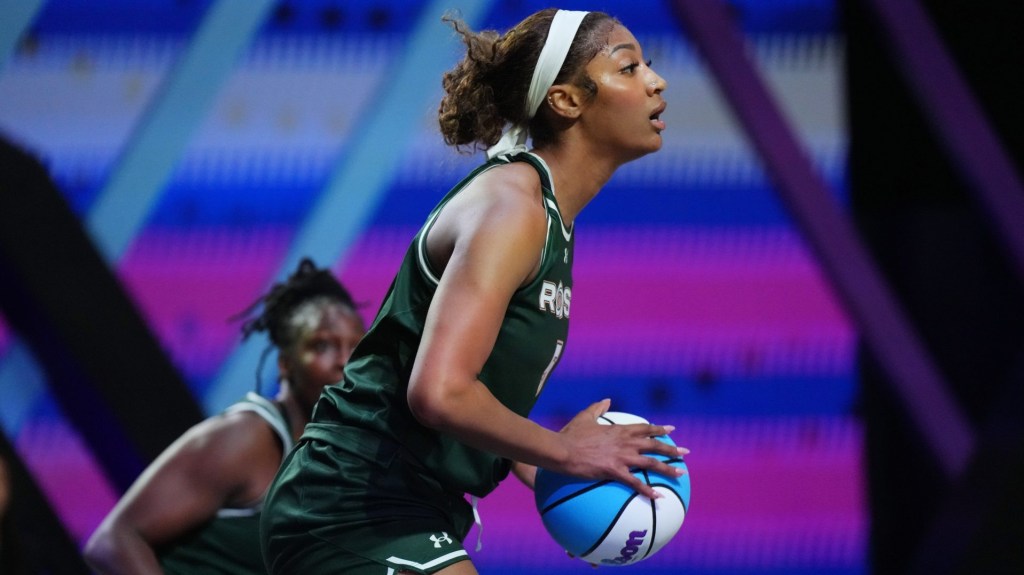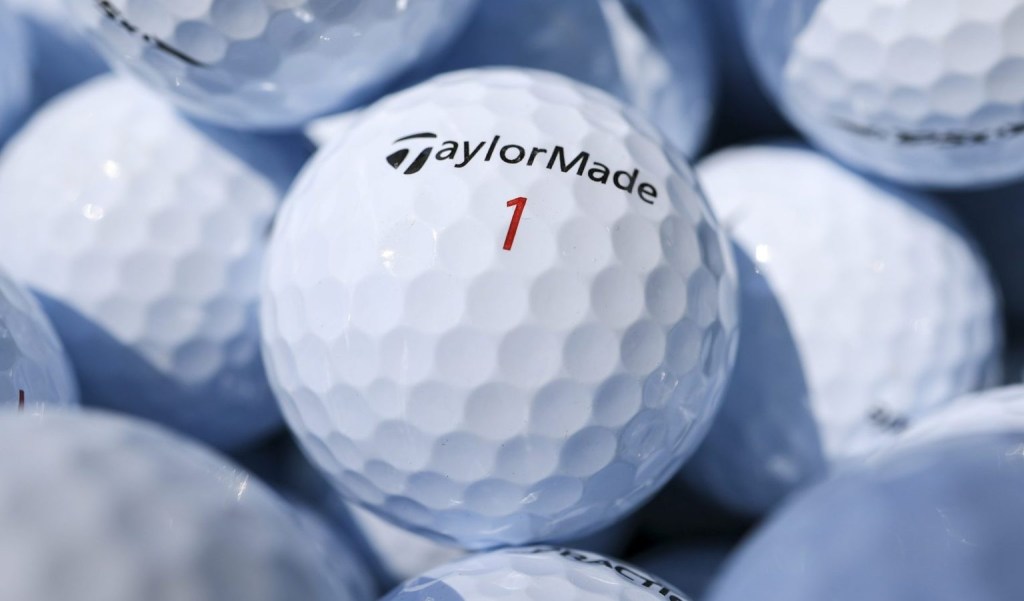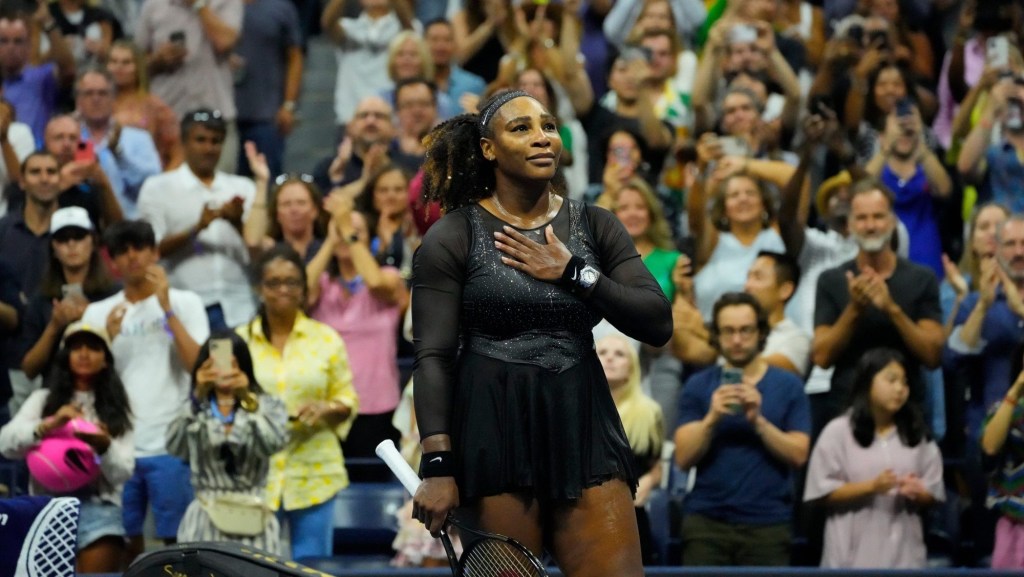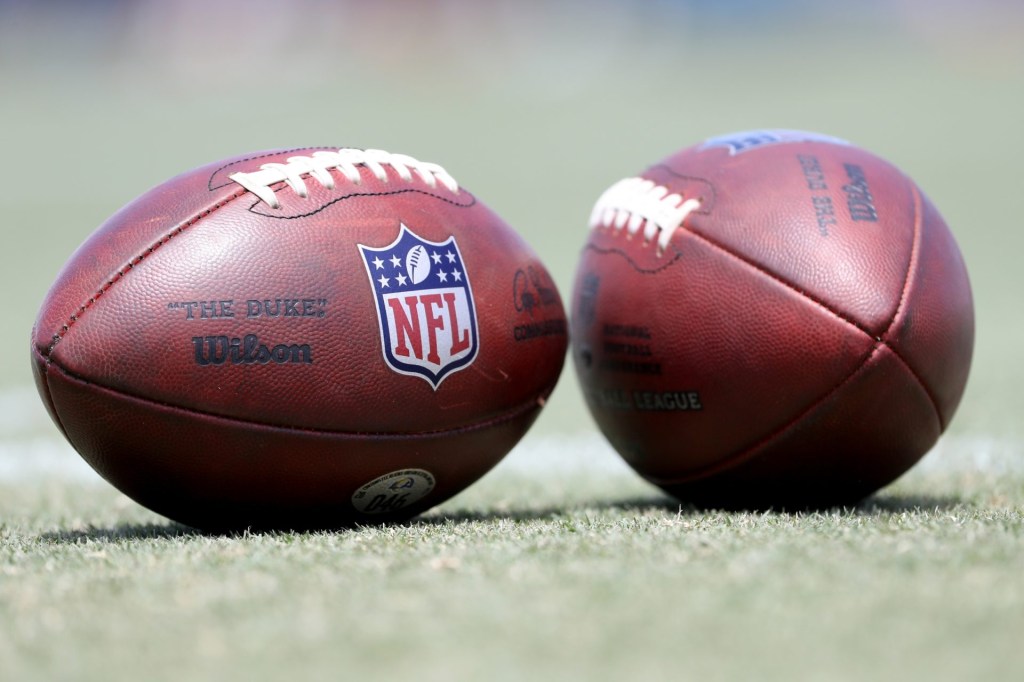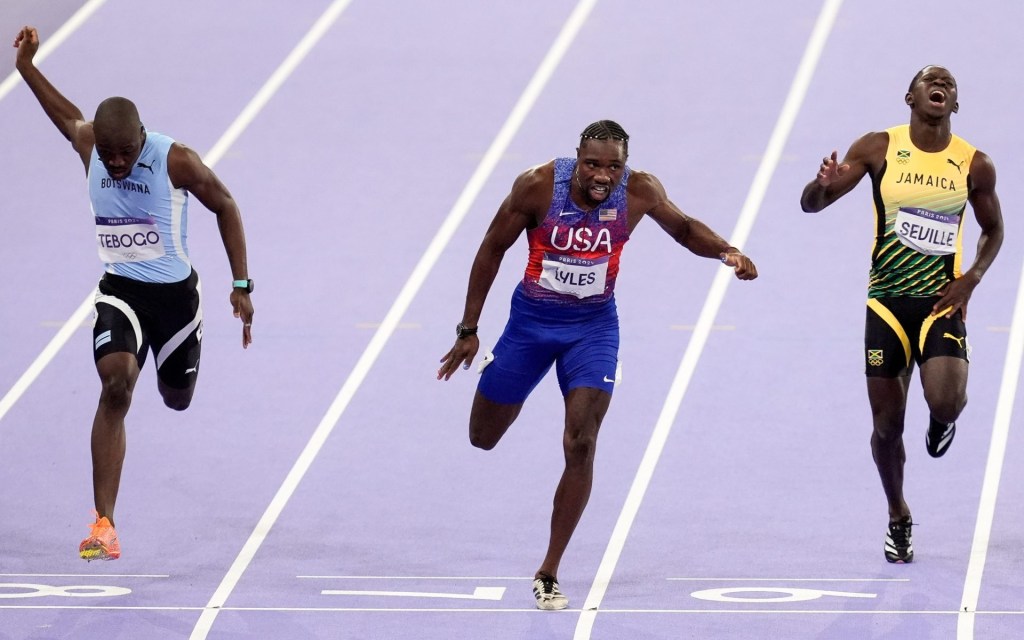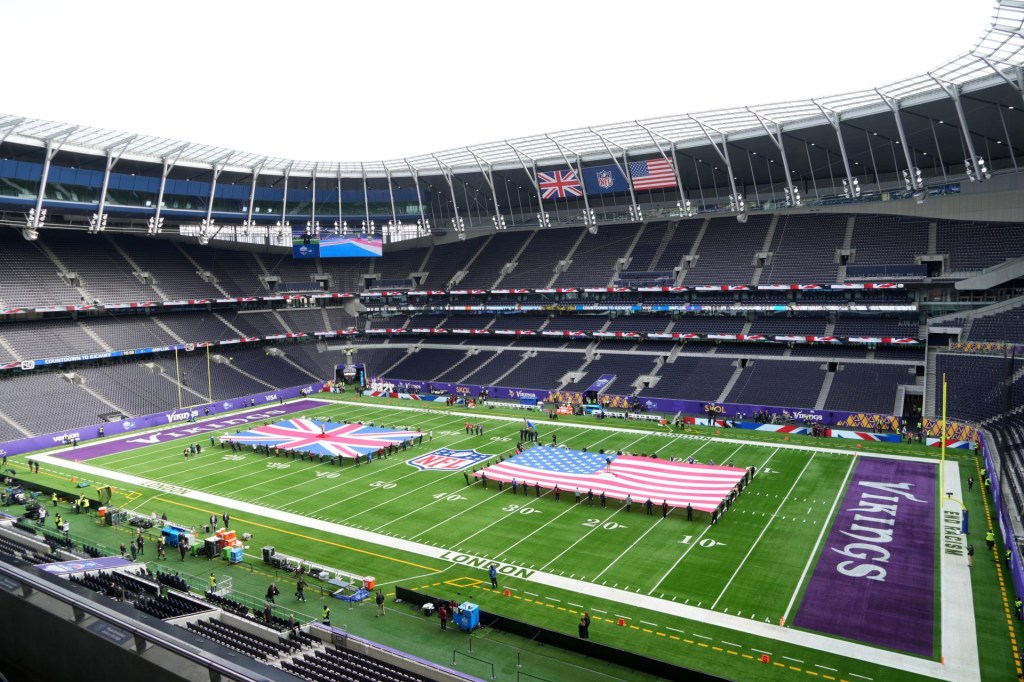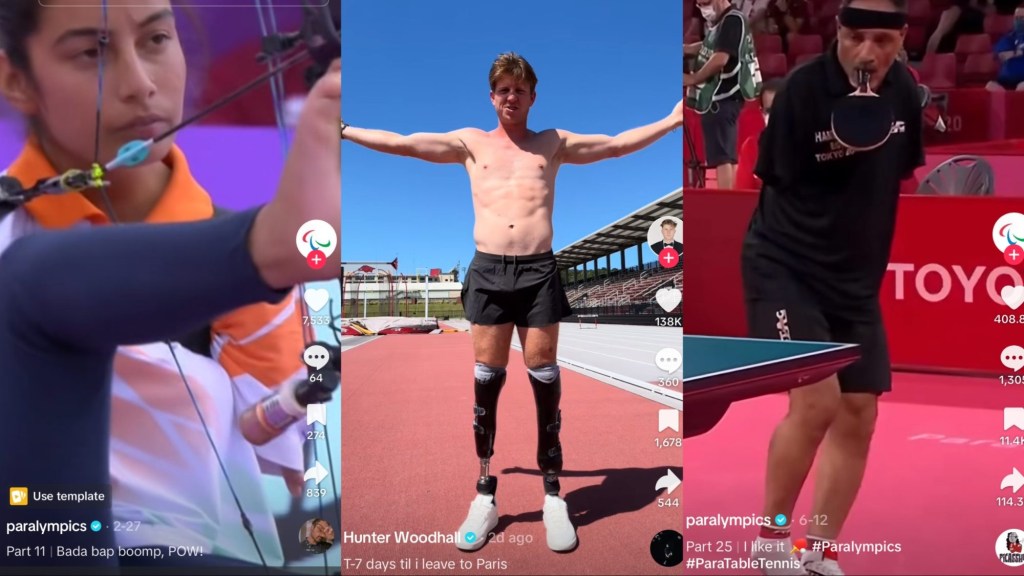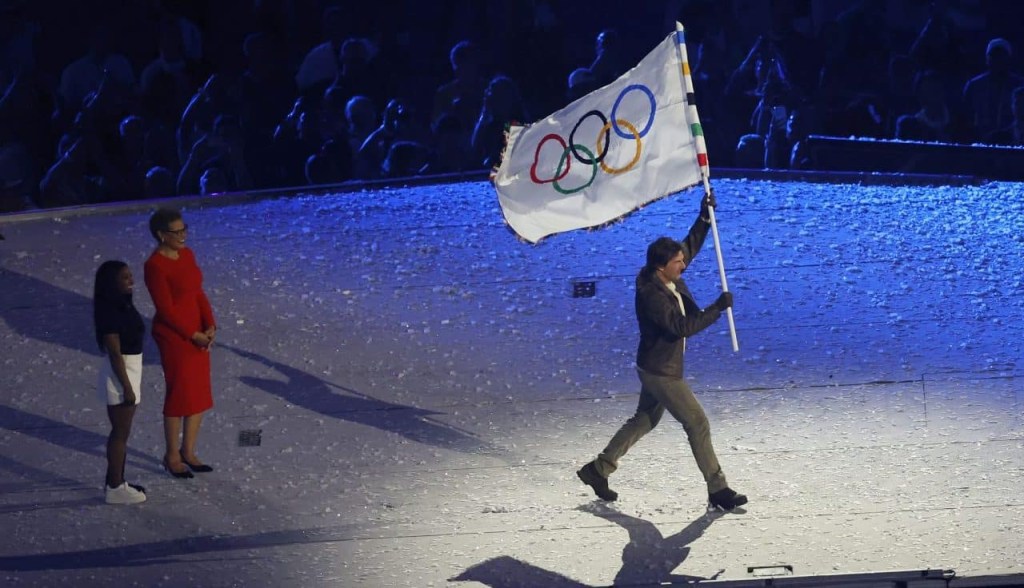Fifty years ago, Billie Jean King risked her career to advance her sport.
“In ‘72 at the media conference [following her third U.S. Open title], I said we’re not coming back unless we get equal prize money,” King recounted on the Front Office Sports Today podcast. “I hadn’t planned it. I just did it.”
That decision — with support from other female players, men like former Open director Bill Talbert, and a corporate sponsor in pharmaceutical giant Bristol-Myers — led the U.S. Open to grant equal prize money to men and women in 1973. The other tennis Grand Slams would eventually follow, albeit several decades later.
On Tuesday, the Billie Jean King Cup Finals start in Spain with a record total purse of $9.6 million, which is on par with the competition earnings at its men’s equivalent, the Davis Cup. Champions at the 12-team BJK Cup Finals will pocket $2.4 million.
The development comes at a time when we’re increasingly seeing the potential of King’s dreams from the 1970s being realized, across more sports than tennis.
U.S. Soccer announced new collective bargaining agreements in 2022 with identical pay structures for men and women players. In August, more than 92,000 fans attended a Nebraska volleyball match at the university’s Memorial Stadium, setting a world record in the process.
The ANNIKA, hosted by Annika Sörenstam — the winningest and highest-earning golfer in LPGA history — recently became the first LPGA event named after a former player and revealed a $3.25 million purse. It’s the league’s largest prize money total outside of the majors.
“There’s a lot on stake this year because it’s the final event before the Tour Championships,” Sörenstam told Front Office Sports. “There’s a lot up for grabs: money list, Player of the Year, Rookie of the Year, you name it.”
Fifty years after her landmark U.S. Open moment, King continues to fight for opportunities in women’s sports, particularly through personal investments. She’s launching the Professional Women’s Hockey League this January with Los Angeles Dodgers owner Mark Walter, and has stakes in the NWSL’s Angel City FC as well as League One Volleyball.
“The money’s where the media rights are,” said King, referencing the NCAA’s extension of March Madness branding to women’s college basketball and subsequent growth in viewership, an evolution she’s found inspiring. “This is just the beginning.”
